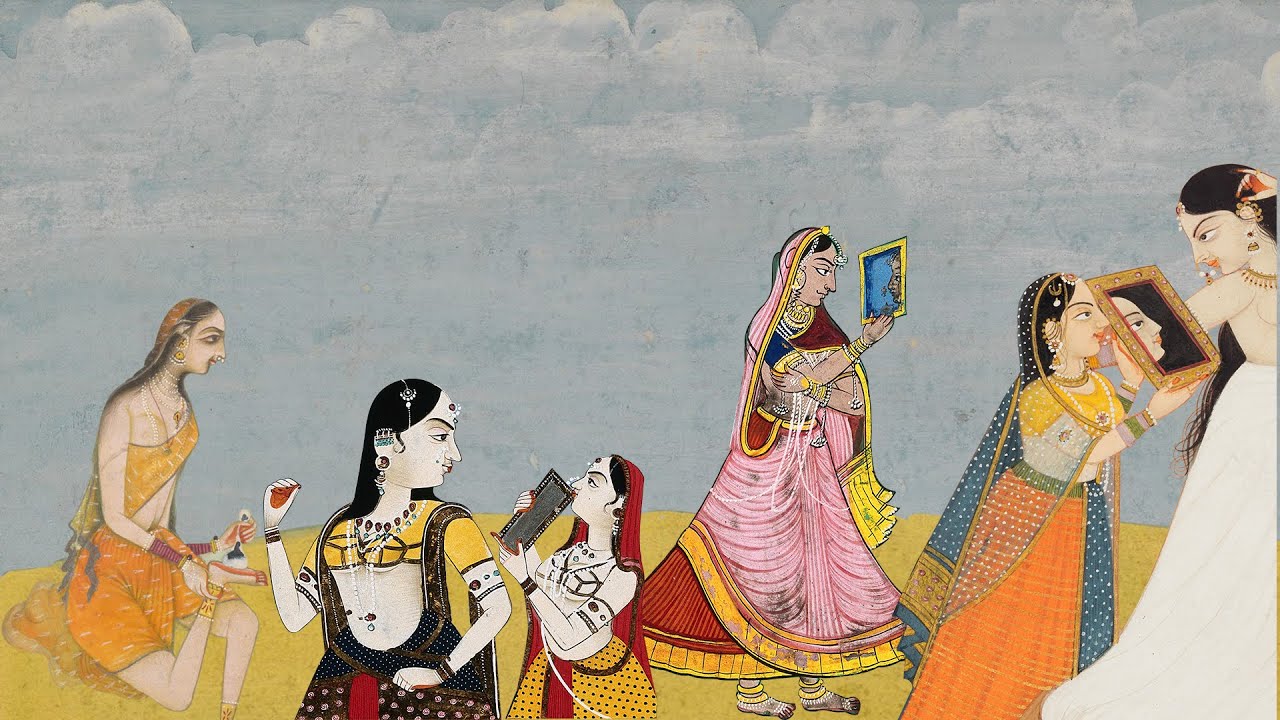'Is Horror Sexist or Feminist?' ft. Diablo Cody & More | Eli Roth’s History of Horror
Summary
TLDRThe speaker discusses the historical connection between women and horror, noting that women have been avid consumers of the genre since the gothic novel era. They argue that horror films can be empowering, featuring strong female protagonists and providing a space to explore fears and threats. The speaker also touches on the therapeutic aspect of horror for survivors of abuse, suggesting that these films can offer a form of justice and closure. The conversation concludes with the idea that horror acknowledges society's deep-seated fear of women's power.
Takeaways
- 🎭 Women have been significant consumers and creators in the horror genre, contrary to the notion that they are poorly portrayed in it.
- 📚 Historically, women were avid readers of gothic novels and were drawn to true crime, indicating a longstanding interest in horror.
- 👩💻 The author of 'Frankenstein', Mary Shelley, exemplifies women's contributions to the foundation of horror literature.
- 🦸♀️ Female protagonists like Nancy from 'A Nightmare On Elm Street' were seen as strong and empowering figures for many women.
- 🚫 In the 80s, there was a perception that women should not enjoy horror due to its supposed conflict with feminist ideals.
- 💪 Women's physical vulnerability in a male-dominated society is a reality that some find mirrored and explored in horror films.
- 😨 The appeal of horror for many women lies in its ability to provide a safe space to confront and process fears that are part of their everyday lives.
- 🌟 Horror can offer a form of catharsis for those who have experienced trauma, providing a sense of justice and closure that real life often fails to deliver.
- 🎬 The fantasy of overcoming threats in horror movies can be healing for survivors of abuse and violence.
- 🔥 Images of female empowerment, like the scene from 'Jennifer's Body', resonate with audiences and symbolize an invincible spirit.
- 👾 The horror genre has often been a platform to explore and express societal fears of women's power and monstrosity.
Q & A
What is the speaker's opinion on the portrayal of women in horror compared to other genres?
-The speaker believes that women have not been portrayed worse in horror than in other movie genres and that women have always been significant consumers and creators of horror content.
Why does the speaker think women were drawn to gothic novels and true crime?
-The speaker suggests that women have historically been fascinated by true crime, violence, and horror, as evidenced by their interest in gothic novels and attendance at court trials.
Who wrote 'Frankenstein' and what does this say about women's involvement in horror?
-'Frankenstein' was written by a woman, Mary Shelley, indicating that women have been integral to the creation and evolution of horror from its early days.
Why does the speaker find the character Nancy from 'A Nightmare On Elm Street' empowering?
-Nancy is seen as a strong female protagonist, which the speaker found empowering growing up, challenging the notion that horror is only violent or sexist.
What did the speaker perceive about women's attitudes towards horror in the 1980s?
-The speaker felt that in the 80s, women were afraid to express their enjoyment of horror due to a perceived conflict with feminist ideals.
How does the speaker relate the physical vulnerability of women to their interest in horror?
-The speaker suggests that because women often feel physically vulnerable, they may be drawn to horror as a way to explore and confront those threats in a controlled environment.
What role does the speaker believe horror movies can play for survivors of abuse?
-Horror movies can provide a form of closure and healing for survivors of abuse, offering a fantasy where justice is served in ways that real life often does not provide.
Why does the speaker think the image of the character from 'Jennifer's Body' is popular?
-The image of the character flicking a lighter and holding her tongue on it from 'Jennifer's Body' is popular because it embodies an idea of being attractive and invincible.
What does the speaker find meaningful about the portrayal of women as monstrous in horror?
-The speaker finds it meaningful that horror is one of the few genres that acknowledges and explores society's deep-seated fear of women and girls and their power.
How does the speaker view the role of horror in cultural representation of women?
-The speaker sees horror as a genre that has the courage to confront and reflect on cultural fears and perceptions of women, making it profoundly meaningful.
Outlines

Dieser Bereich ist nur für Premium-Benutzer verfügbar. Bitte führen Sie ein Upgrade durch, um auf diesen Abschnitt zuzugreifen.
Upgrade durchführenMindmap

Dieser Bereich ist nur für Premium-Benutzer verfügbar. Bitte führen Sie ein Upgrade durch, um auf diesen Abschnitt zuzugreifen.
Upgrade durchführenKeywords

Dieser Bereich ist nur für Premium-Benutzer verfügbar. Bitte führen Sie ein Upgrade durch, um auf diesen Abschnitt zuzugreifen.
Upgrade durchführenHighlights

Dieser Bereich ist nur für Premium-Benutzer verfügbar. Bitte führen Sie ein Upgrade durch, um auf diesen Abschnitt zuzugreifen.
Upgrade durchführenTranscripts

Dieser Bereich ist nur für Premium-Benutzer verfügbar. Bitte führen Sie ein Upgrade durch, um auf diesen Abschnitt zuzugreifen.
Upgrade durchführenWeitere ähnliche Videos ansehen
5.0 / 5 (0 votes)






